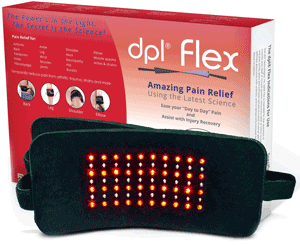If our article on the effects of milk on your acne didn’t convince you to lay off the dairy products, this article might. Enter another dairy culprit that might be responsible for your breakouts: eggs. And the interesting part about this connection is that there is a huge difference in the way organic and non-organic eggs can affect you.
Your Hormones
Eggs are an animal byproduct, and there is research to suggest that animal byproducts can act as inflammatory components in our bodies. Inflammation on the skin is what contributes to the redness and the painful swelling around pimples and clusters of zits, and therefore, the more inflamed your skin, the worse your acne gets. Animal byproducts are also known to increase the levels of insulin in our bodies; insulin, a hormone, is known to trigger the production of sebum, that waxy oil you find on your face, particularly on your T-zone and parts of your cheeks. Sebum is produced by the sebaceous glands, and when insulin comes into the mix, the sebaceous glands are tapped to make sebum. When that oil gets trapped in your pores, your pores become clogged, and voilà – acne.
Types of Eggs
Here’s where it gets complicated: chickens that are raised on non-organic farms are typically fed hormones. When you ingest any products from these types of chickens, you also ingest those hormones, which can in turn create a hormonal reaction in your body. Egg-eaters have in the past reported that their consumption has led to the deep, under-the-skin acne, and not the surface whiteheads or blackheads.
Others have speculated that the egg yolks, which are typically the fattier part of the egg, are what contribute to the development of acne. Fatty foods can lead to breakouts, hence why many have opted to go lighter with their egg consumption and switch to eating just the whites. Those that have experienced breakouts, but still want to eat eggs, have simply decreased the frequency with which they consume the yolks.
A third and equally interesting possibility is the omega-3 in the eggs. While many know omega-3 fatty acids to be the good kind of fat, as with anything, sometimes more of a good thing can be bad. If your body has too much omega-3, which might happen if you find yourself buying omega-3 fortified eggs, this could cause the level of Vitamin E to decrease in your body. When that happens, your skin will be less likely to stave off the effects of aging, and your face will appear old and wrinkled if this progresses over time.


